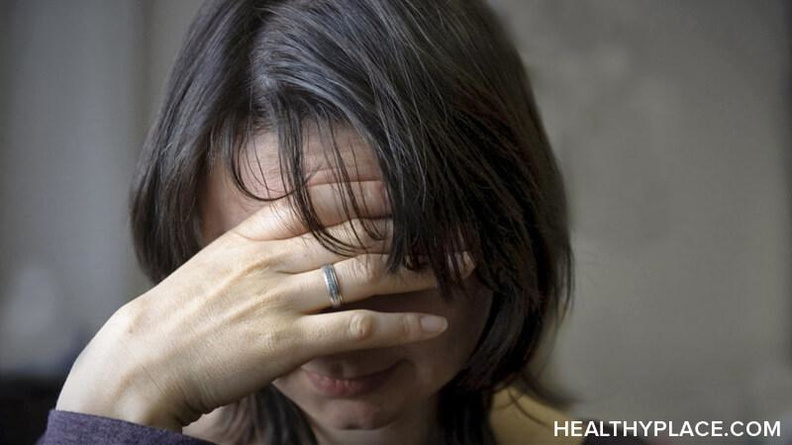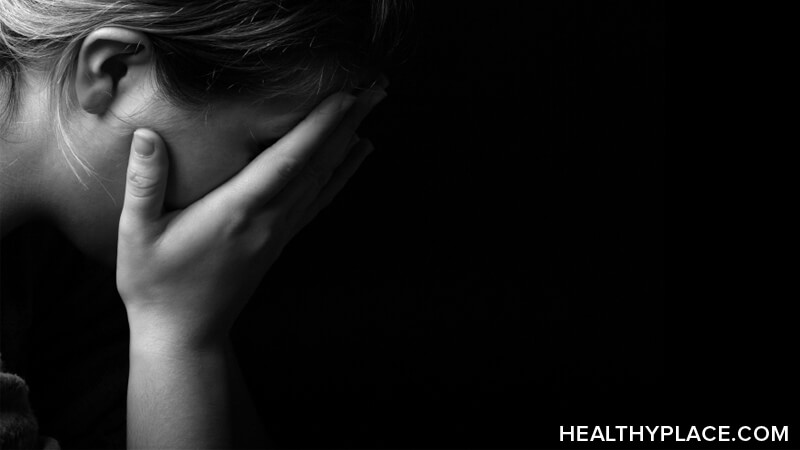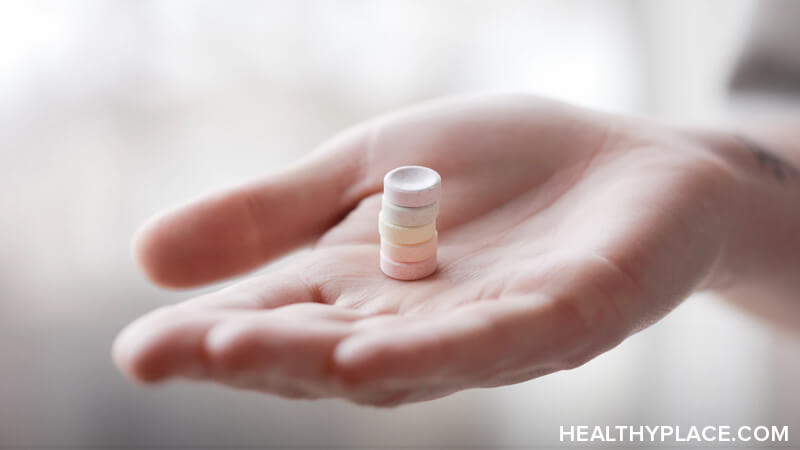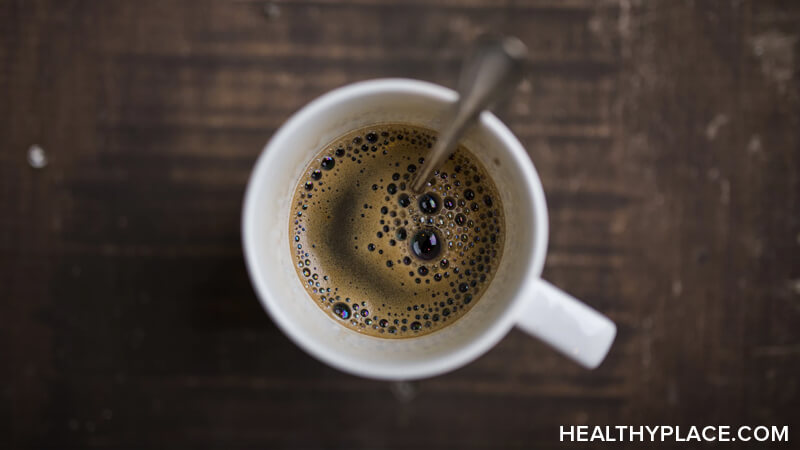Treatment-Resistant Bipolar Depression: What Helps?

Treatment-resistant bipolar depression is the frustrating and exhausting experience of trying to treat and manage your symptoms but seeing no improvement. Depressive episodes of bipolar disorder can be hard to treat, even more so than episodes of mania (Poon, et al., 2015). Different doctors and researchers define this condition slightly differently. One common criterion for treatment resistance is the failure of lithium to improve symptoms. Another definition is that someone has tried two or more different medications without success. In either of these situations, someone is said to have treatment-resistant bipolar depression.
If your bipolar depression is unresponsive to treatment, you might not be concerned about the clinical definition of treatment resistance. You are likely more concerned with the fact that your symptoms aren’t decreasing because nothing you do to treat them helps.
There are approaches that help treatment-resistant bipolar depression. Keep reading to discover what can be done to overcome this exasperating condition.
Treatment-Resistant Bipolar Depression: Why Does It Happen?
Sometimes there are underlying reasons for depression that resists treatment. If you can identify one or more reasons treatment isn’t working, you can work to eliminate those obstacles.
Some common reasons that bipolar depression might not respond to treatment:
- Taking medications for other illnesses
- Drinking even small amounts of alcohol or using other substances, including marijuana
- Frequently missing doses of prescribed medications
- The presence of other conditions like hypothyroidism, anemia, sleep apnea, substance use disorders, and personality disorders
- Poor sleep habits (different from insomnia, these are habits we control, such as staying up late watching TV, playing video games, or being on social media)
If any of these factors fit, talk with your doctor about what you’re experiencing. They’re not flaws; they’re just some things in your control that can help you improve your depression. Your doctor can help you identify ways to make changes to improve how your bipolar depression responds to treatment.
Another thing your doctor can help with is medication.
Helping Treatment-Resistant Bipolar Depression with Medication
Medication is the first line of defense in treating bipolar depression. Medication works because it directly treats the brain. Each person responds uniquely to various forms of medication, and finding the right prescription, whether it’s for one type of medication or a combination of medications, is a process that takes patience and time ("What Are the Best Medications, Treatments for Bipolar Depression?").
In some cases, standard bipolar medication doesn’t work; therefore, researchers are searching for other pharmaceutical options. Some medications under review for treatment-resistant bipolar depression include:
- Glutamatergic agents that affect the neurotransmitter glutamate: ketamine, memantine
- Psychostimulants: modafinil
- Dopamine antagonists to enhance dopamine activity: pramipexole, ropinirole
- Opioids: oxycodone
These may be used to replace certain medications or could be added as adjunct medications. If you don’t like the idea of medications that are newly being used for bipolar depression, or if your doctor doesn’t prescribe them, there are other options available to you.
Brain Stimulation for Treatment-Resistant Bipolar Depression
Treatments that directly stimulate the brain have been successful in helping people break through treatment resistance to overcome bipolar depression.
Many of these treatments are newer treatments for which studies are finding positive results. Brain stimulation treatments that you and your doctor might decide to try, if available in your area, include:
- Electroconvulsive therapy (ECT): electric currents are delivered to the brain to induce brief seizures
- Vagus nerve stimulation (VNS): a device implanted in the chest sends electric impulses up the vagus nerve to the brain
- Transcranial magnetic stimulation (TMS)/repetitive TMS (rTMS): Painless magnetic pulses are delivered to the brain to stimulate the nerve cells associated with depression
- Deep brain stimulation: Still under investigation, this procedure involves surgical implantation of electrodes into certain brain areas to create electrical impulses that help regulate brain activity
Simpler Options for Ending Treatment-Resistance in Bipolar Depression
While all the above methods can end treatment resistance in bipolar depression, there are other, simpler, things you can do. Regularly seeing a therapist will help you identify and change negative thoughts that are holding you back as well as build a collection of coping skills.
One of the most beneficial things you can do to overcome treatment-resistant bipolar depression is to maintain a healthy lifestyle: nutrition, exercise, proper sleep, and daily routines. Of course, establishing and maintaining a healthy lifestyle is difficult when you live with bipolar depression. That’s why having a therapist can be an asset. Therapists can help you create and follow a healthy routine to decrease depression.
Keep in mind, too, that treatment resistance isn’t treatment failure. Notice positive changes. Embrace even small improvements. An accumulation of tiny changes leads to the realization one day that your bipolar depression is no longer resistant to treatment; in fact, it might not be around at all.
APA Reference
Peterson, T.
(2021, December 28). Treatment-Resistant Bipolar Depression: What Helps?, HealthyPlace. Retrieved
on 2025, April 29 from https://www.healthyplace.com/bipolar-disorder/bipolar-depression/treatment-resistant-bipolar-depression-what-helps








